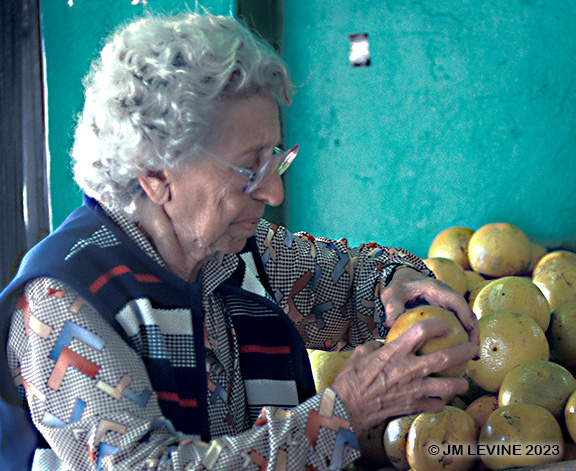
Malnutrition can have a significant impact on wound healing. Proper wound healing is a complex process that involves various cellular and biochemical reactions. When the body is malnourished, it lacks the essential nutrients necessary for these processes, which can lead to delayed or impaired wound healing. Here are some key relationships between malnutrition and wound healing:
1. Protein Deficiency: Protein is crucial for tissue repair and the production of collagen, which is essential for wound healing. Malnourishment, especially a lack of adequate protein intake, can lead to a delay in wound closure and reduced tensile strength of the healed tissue.
2. Vitamin and Mineral Deficiencies: Essential vitamins and minerals, such as vitamin C, vitamin A, zinc, and copper, play vital roles in wound healing. Deficiencies in these nutrients can impair the immune response, collagen formation, and the overall healing process.
3. Weakened Immune System: Malnutrition weakens the immune system, making the body more susceptible to infections. Infections can further delay wound healing and may lead to more serious complications.
4. Reduced Energy Levels: Malnutrition can result in decreased energy levels, which can hinder the body’s ability to carry out the energy-intensive processes involved in wound healing.
5. Impaired Tissue Regeneration: Malnutrition can affect the body’s ability to regenerate new tissue, resulting in the formation of weaker, less functional scar tissue.
6. Delayed Inflammation Response: Inflammation is a natural part of the wound healing process and helps to clear away damaged tissue and pathogens. Malnutrition can delay the onset and resolution of inflammation, prolonging the overall healing time.
7. Poor Circulation: Malnutrition can lead to circulatory problems, reducing the delivery of oxygen and nutrients to the wound site. Proper blood flow is essential for optimal wound healing.
It’s important to note that malnutrition can take various forms, including protein-energy malnutrition (commonly seen in conditions like kwashiorkor and marasmus), as well as micronutrient deficiencies. The specific impact on wound healing will depend on the type and severity of malnutrition.
To promote effective wound healing, it’s essential for individuals who are malnourished or at risk of malnutrition to address their nutritional deficiencies through dietary improvements or, in severe cases, medical interventions such as nutritional supplements, feeding tubes, or intravenous nutrition. The physician should work closely with the nutritionist to monitor and manage the nutritional status of patients with wounds to optimize the healing process.
* * * * * * * * * * * * * *
Related Posts:
